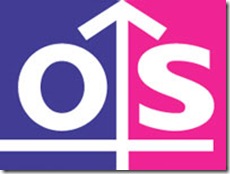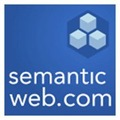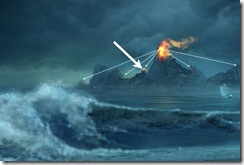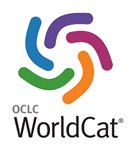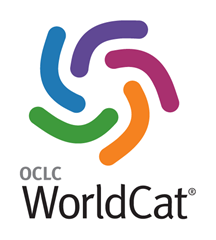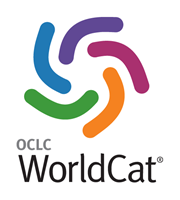
Content-Negotiation for WorldCat
I am pleased to share with you a small but significant step on the Linked Data journey for WorldCat and the exposure of data from OCLC. Content-negotiation has been implemented for the publication of Linked Data for WorldCat resources. For those immersed in the publication and consumption of Linked Data, there is little more to say. However I suspect there are a significant number of folks reading this who are wondering what the heck I am going on about. It is a little bit techie but I will try to keep it as simple as possible. Back last year, a …

